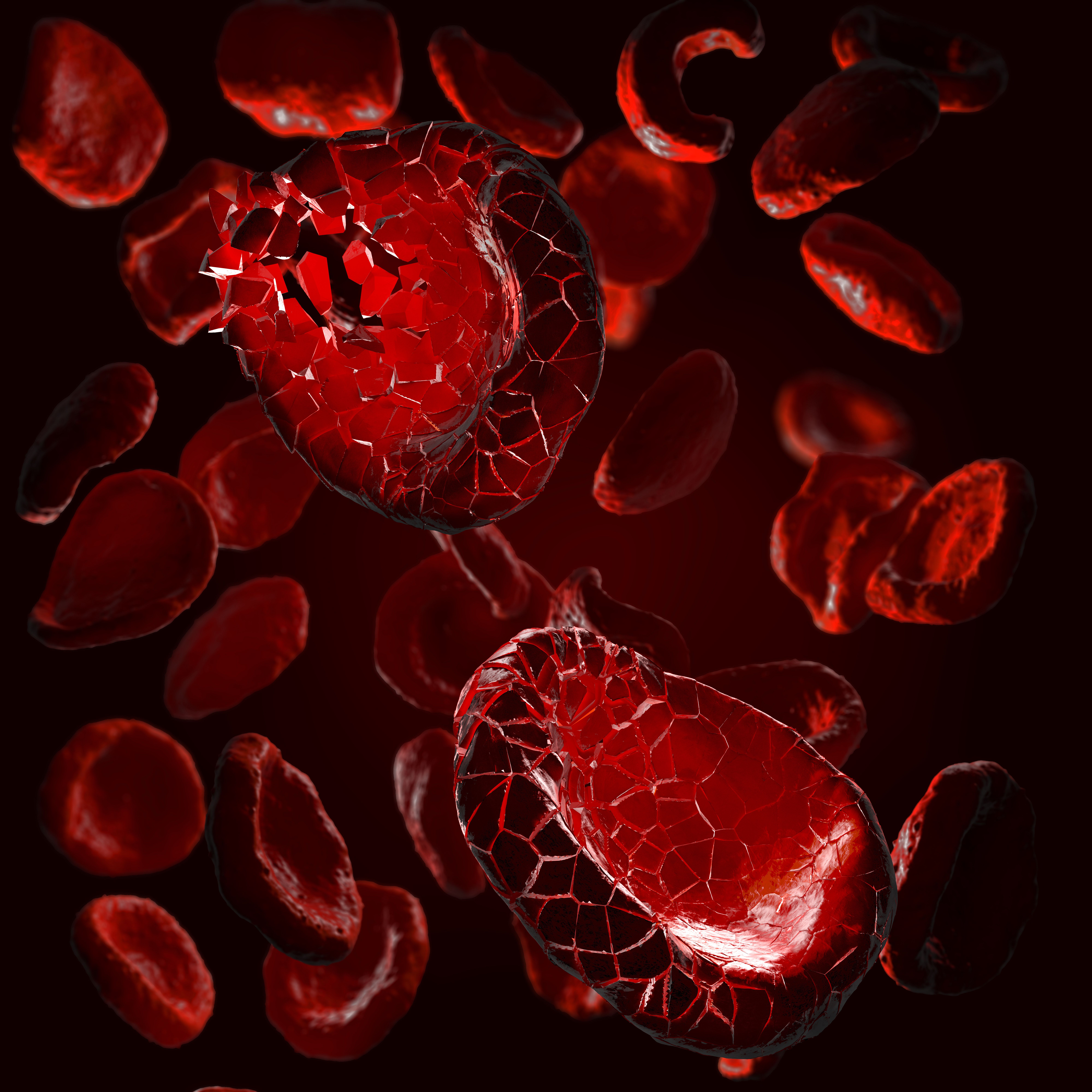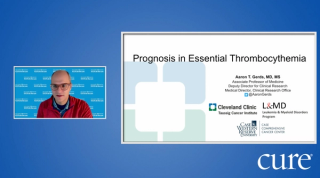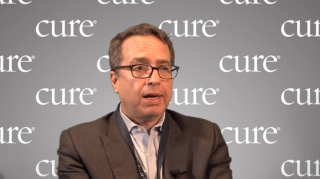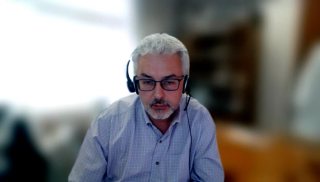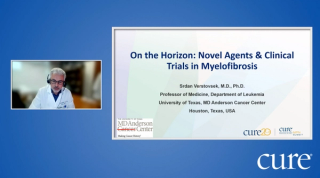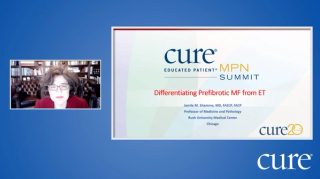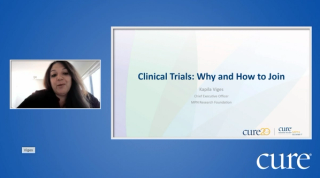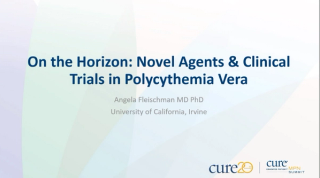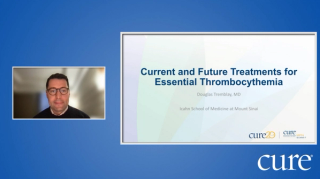
MPN
Latest News

Latest Videos
More News

When storytelling becomes a part of one’s identity, it can benefit a wide group of people — such as the MPN community — to share a potentially lifesaving message, according to LeVar Burton.

On this episode of the “Cancer Horizons” podcast, LeVar Burton sits down with CURE® to talk about the importance of MPN awareness and the power of storytelling in advocacy.

LeVar Burton, most noted for his roles in “Reading Rainbow” and “Star Trek”, stresses how important storytelling is — both in everyday life and in health care settings.

The Food and Drug Administration granted approval to Besremi for the treatment of adults with polycythemia vera.

Patients should understand the different prognostic scoring systems used in myelofibrosis, and how the results can impact treatment decisions.

Women with a myeloproliferative neoplasm can have healthy pregnancies, as long as they coordinate their care and know what to look out for.

Dr. Gabriela Hobbs offers insight into a rare cancer, myeloproliferative neoplasms, to help patients learn more during their treatment journey.

Keeping track of labs can help patients with MPN better understand the side effects and reasons for treatment , according to an expert from the Medical College of Wisconsin.

Patients who are living with MPN should live a healthy lifestyle and not compare their disease to others, because of variability between mutations, according to an expert.

Sierra Oncology completed enrollment for its phase 3 MOMENTUM clinical trial for the treatment of patients with myelofibrosis.

An expert explains the treatment options and personal life impacts of an essential thrombocythemia diagnosis.

Paying more attention to wellness could help both physical and mental facets for patients with MPN.

There are promising drugs for myeloproliferative neoplasms coming down the pipeline.

View the full CURE Educated Patient MPN Summit on demand.
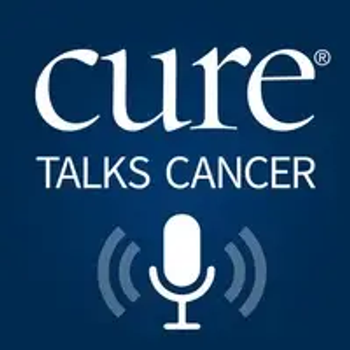
In this episode of the “CURE Talks Cancer” podcast, we spoke with Dr. Laura Michaelis, a 2019 CURE MPN Hero, about how far we’ve come in the myeloproliferative neoplasm space.

Blood cancer survivors are living longer than ever, making safe pain management an important concern.

Social media and the internet as a whole can offer a wealth of information and connections for patients with cancer, especially those with rarer diseases. However, patients should always bring the online advice to their health care team, says Dr. Naveen Pemmaraju.

Patients with a myeloproliferative neoplasm who smoked tended to have worse quality of life than those who did not.

CURE spoke with Dr. Rajiit Rampal, on behalf of the MPN Research Foundation, about MPN symptoms and their management.

CURE spoke with Brandon Goetzman, board member from the MPN Research Foundation, on elevating the patient’s voice when it comes to their care for myeloproliferative neoplasms.

CURE spoke with Dr. Gabriela Hobbs, on behalf of the MPN Research Foundation, about the need for clinical trial education for patients with myeloproliferative neoplasms.

CURE spoke with Dr. Rajiit Rampal, on behalf of the MPN Research Foundation, about disease progression in myeloproliferative neoplasms.

CURE spoke with Dr. Gabriela Hobbs, on behalf of the MPN Research Foundation, about currently available treatment options, as well as those under clinical investigation, for patients with myeloproliferative neoplasms.

Maintaining health before and after a diagnosis of myeloproliferative neoplasms could help patients as they undergo treatment.

Most research looked at the broad category of myeloid malignancies, not each individual disease.



